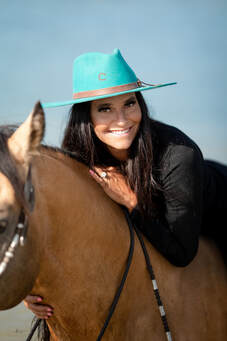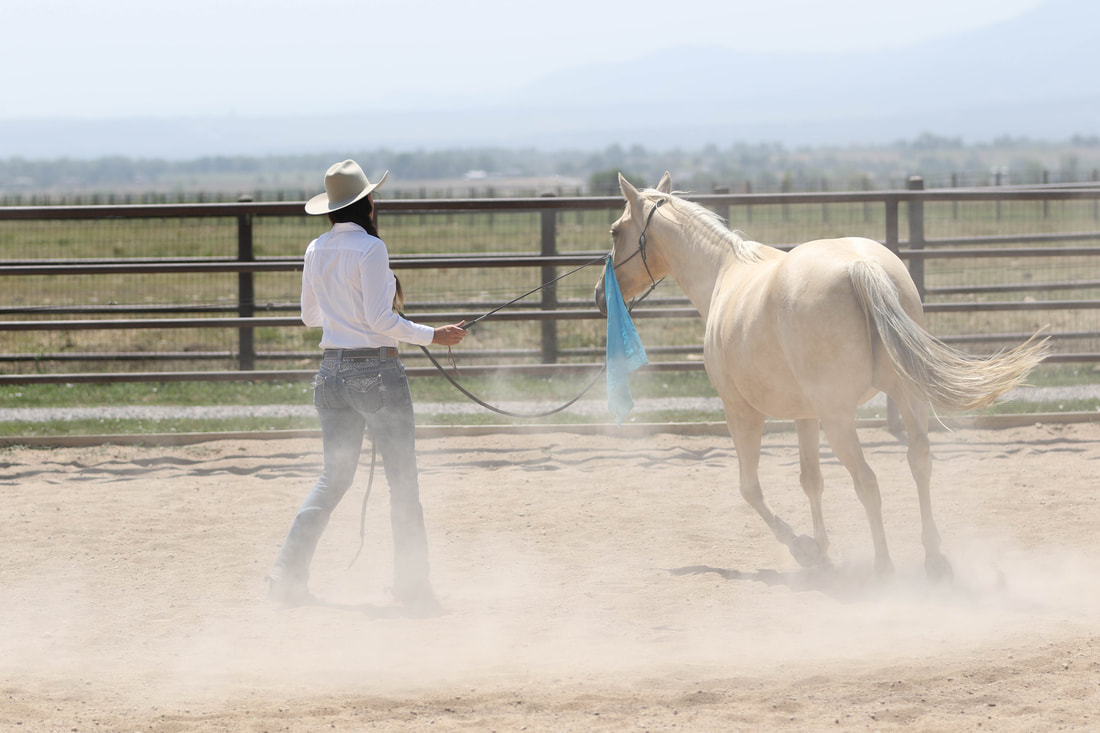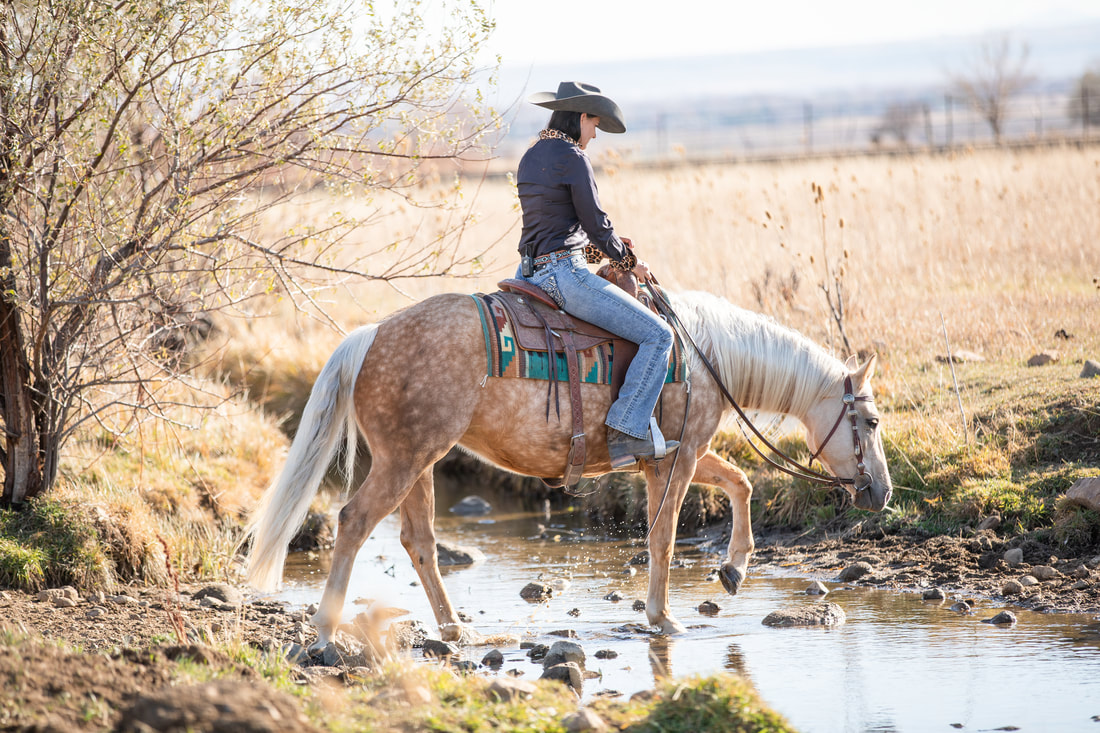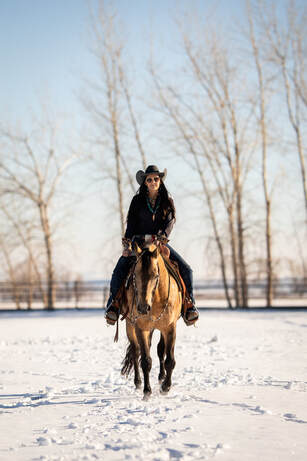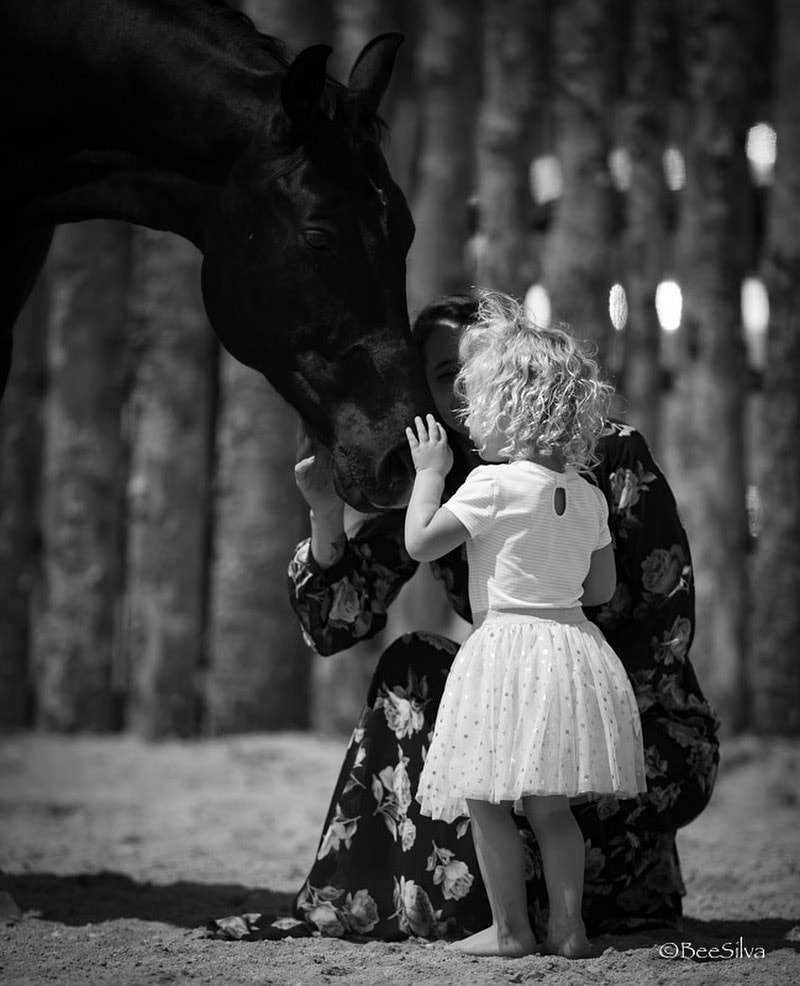303-990-3880
TrainingMonique provides a one of a kind training experience. Specialties and areas of focus include colt starting, ground work, problem horses, sale horses, and performance horses (of all disciplines)
|
|
|
Proudly powered by Weebly
